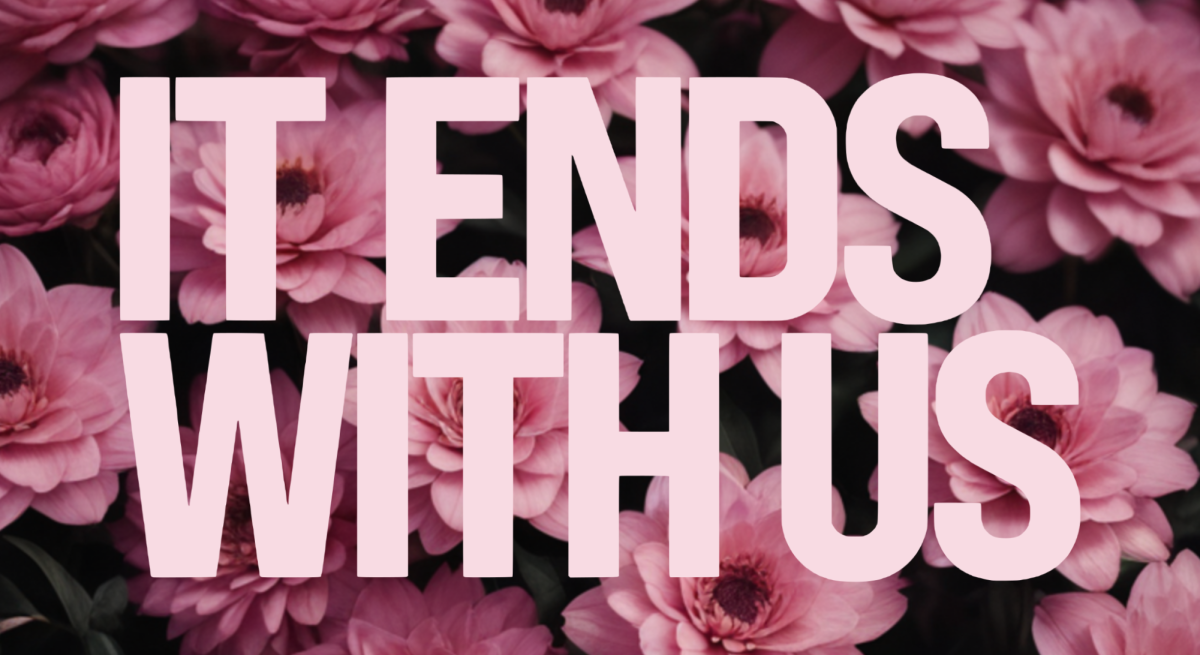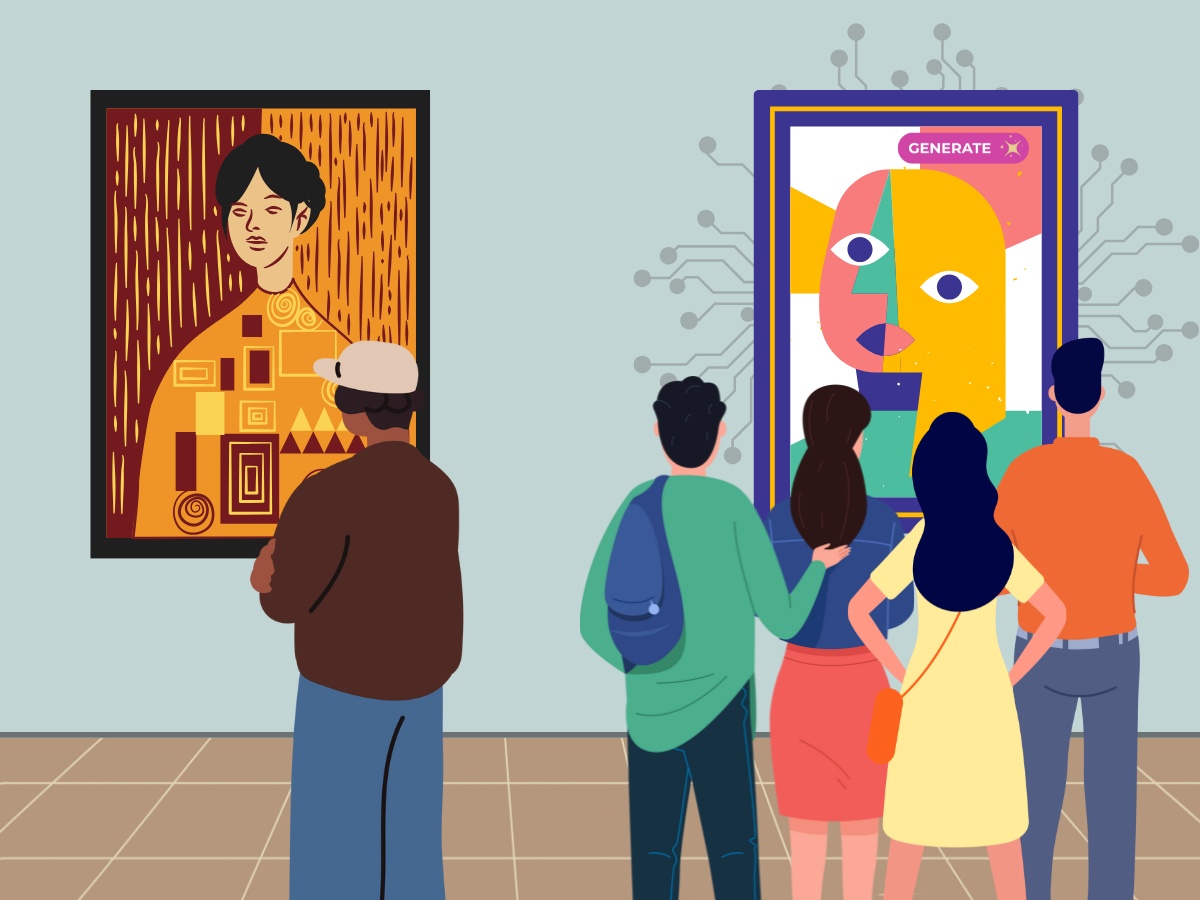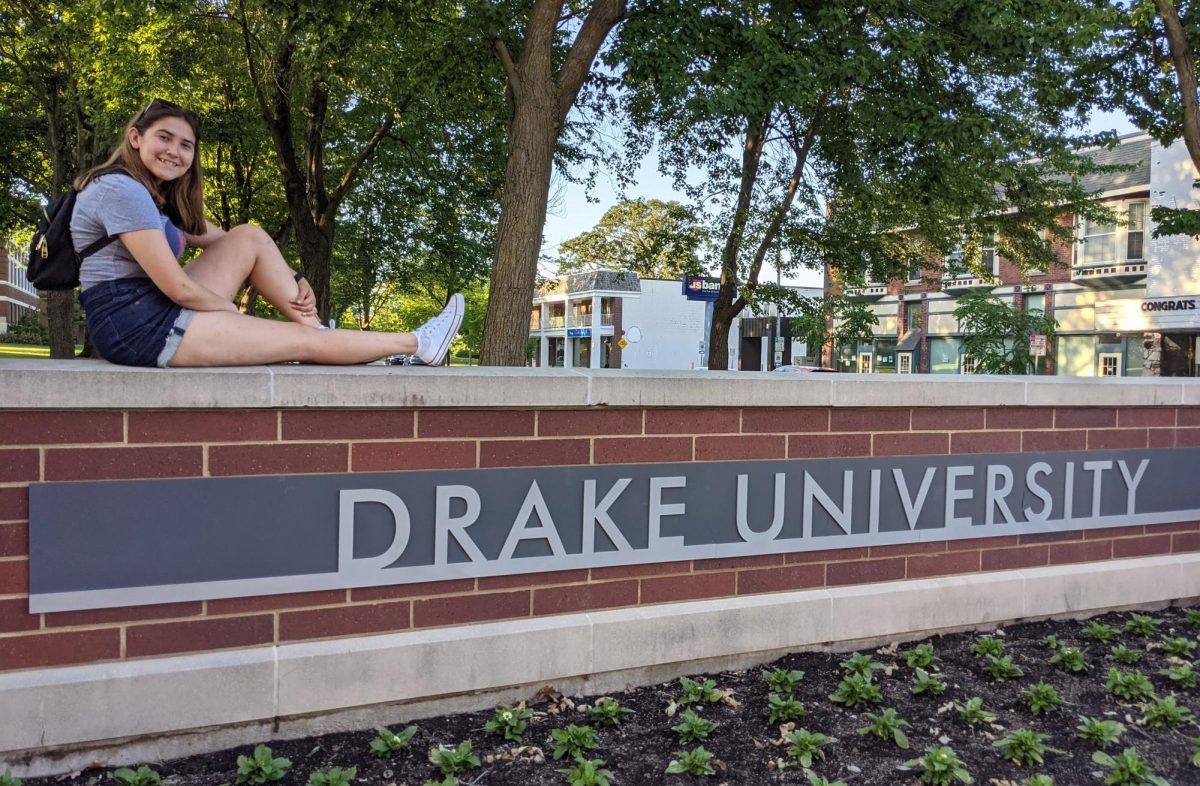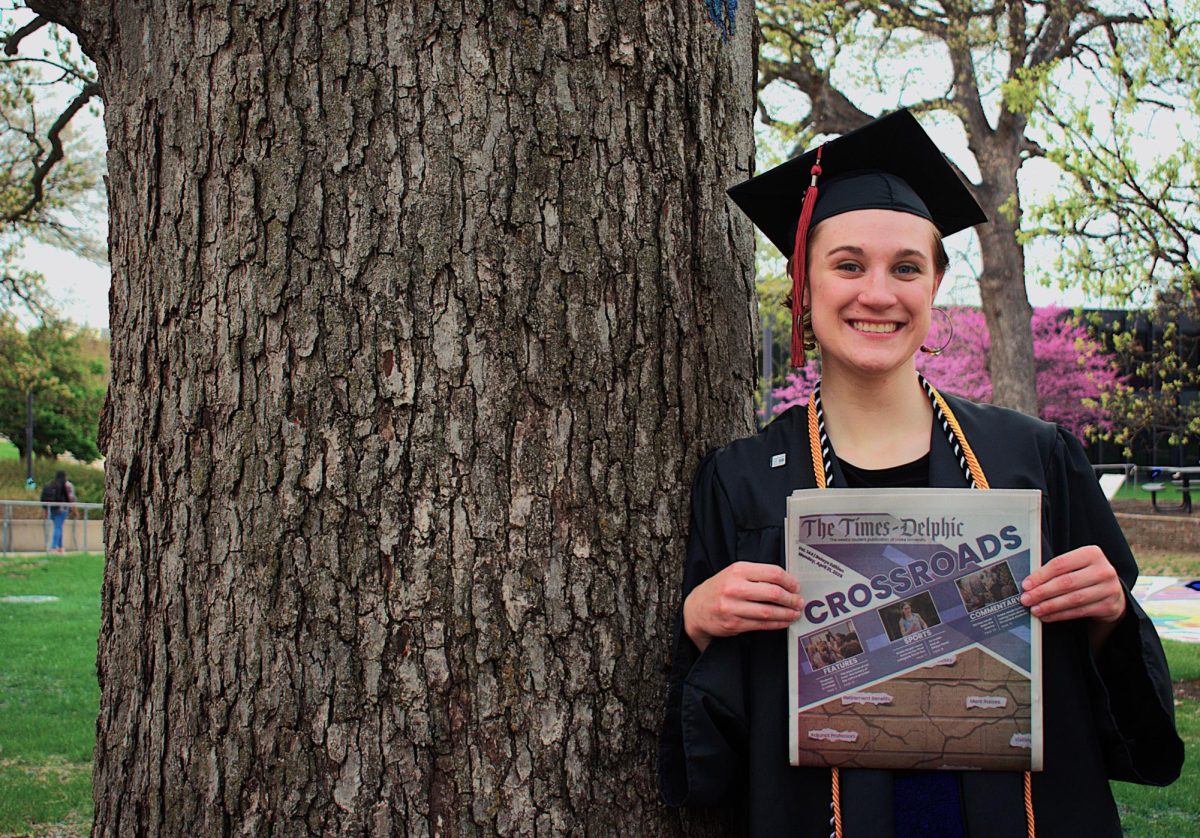Trigger warning: Mentions domestic violence and attempted sexual assault.
“It Ends With Us,” an adaptation of the eponymous bestselling book by BookTok’s favorite Colleen Hoover, follows Lily Bloom (Blake Lively) as she navigates opening her florist shop and her relationship with her abusive boyfriend-turned-husband Ryle Kincaid (Justin Baldoni) as her high school love, Atlas Corrigan (Brandon Sklenar), re-enters her life.
The film’s primary focus is portraying Lily’s journey — she’s dealing with the death of her abusive father that she can’t pretend to grieve while also opening up a florist shop when she meets the commitment-phobic neurosurgeon Ryle. What initially starts as a casual affair becomes a full-fledged romance because, like the lead couple of any good romance, they just can’t stay away from each other. Unfortunately, this apparently swoon-worthy BookTok relationship of barely-glued-together tropes soon turns into a nightmare straight from hell when Ryle starts abusing Lily. At the same time, Lily is reintroduced to Atlas, and a love triangle is set up.
I went in expecting this film to be nothing but a steaming hot pile of garbage. I absolutely hated the book and found it incredibly problematic considering that Lily decides to “peacefully co-parent” with her abuser and has no qualms about leaving her daughter unsupervised with a man who slapped her, threw her down the stairs and at one point attempted to sexually assault her. This, especially for a novel that was supposed to bring hope to victims of domestic abuse and show that they too could break the generational cycle of abuse they often find themselves trapped in, was truly despicable.
The film, however, confused me. There are moments where Christy Hall’s screenplay and Justin Baldoni’s direction are surprisingly sensitive and choose to deal with the topic at hand with great maturity. The camera lingers in some scenes, letting you truly feel the dread and horror of something all too real and far more scary than an off-pitch screaming nun. But this is combined with shiny and glossy frames — Barry Peterson’s cinematography feels like it belongs to a big budget romance set in Paris rather than a realistic story about a character stuck in an abusive relationship. Meanwhile, Eric Daman’s visually overwhelming costumes look like they belong in a fashion show as Lana Del Ray’s “Cherry” plays in the background, almost like the filmmakers wanted to hide this film in a conveniently distracting and commercially viable glossy gift wrap that you can’t quite see through. This could, of course, have been a cinematic choice to make you feel like Lily — initially seeing everything through rose-tinted glasses only to discover that her world of florals is actually nothing but the smoke and ashes of something far darker — except that transition never happens.
Everything looks perfectly polished and too dreamy for a film meant to portray a realistic and far less Hollywood-like story of a character that is supposed to inspire hope in others facing the same horror, distracting you from fully feeling the dread.
Not to mention the book’s awfully unsubtle love triangle as Hoover’s narrative whisper-yells at you pick Team Ryle or Team Atlas. As if this is Twilight fanfiction. Fortunately, the film handles it with a bit more grace than the book, which in all honesty, is a rather low bar for comparison considering Hoover’s unimaginative writing — Lily Blossom Bloom is a florist, Ryle gets “riled up” and Atlas is Lily’s world.
The trouble with Atlas is that he’s a character that did not need to exist in the book or the movie. The story would’ve panned out just fine, if not better, without him. He’s used to push the plot forward rather melodramatically at times, becoming the reason behind pivotal plot moments even if those moments could’ve been executed better by making Lily realize her self-worth on her own instead.
Even if the film doesn’t treat this love triangle with as much disrespect as the book does, the usage of a potential alternative love interest as a comparison game almost cheapens the point of the film. This is not to say that victims of domestic abuse can’t find other romantic partners and heal from trauma, but done in a film that is supposed to be about self-worth, leaving a violent partner and raising awareness about domestic abuse, the romance undermines the narrative.
Another issue is that neither the book nor the film seem to realize that abuse doesn’t always begin with a slap — it often starts with small, controlling and manipulative behaviors that are emotionally abusive or “red flags.” The slap was just the beginning of the physical abuse, and compartmentalizing any form of abusive behavior doesn’t help anyone. Additionally, the film seems to forget that abusers with a history of violence don’t suddenly react rationally when confronted with their abuse, which sets a dangerous precedent for handling those conversations.
It’s also hard to separate the film from the drama that it finds itself currently submerged in, with the promotions of the film being handled with as much sensitivity that was given to promotion of the book. (The author tried selling coloring books based on the novel but quickly withdrew the idea when she faced severe backlash.) This controversy includes Blake Lively asking audiences to wear their florals as they watch the film, using the promotions of the film to launch her own line of hair products, Lively’s husband Ryan Reynolds being allegedly involved in the rooftop scene rewrite prior to or during the WGA strike even though he is not directly involved with the project and the alleged tiff between Lively and Baldoni.
The allegations, whether true or false, made me question the intent of the film, and that became its greatest downfall. I simply couldn’t convince myself to believe the narrative and forget the behind-the-scenes drama. To me, Lively’s performance seemed disconnected — as though the reality of the abuse her character was going through was a far-fetched dream from a soap opera — perhaps because of my already influenced perception of her tone-deaf hair care launch and her adamant refusal to talk about domestic abuse during the promotions.
This is not to mention that the trailer and the promotions completely hide the fact that this is a film about domestic abuse and not a silly rom-com with a love triangle. Giving no trigger warnings to unsuspecting audiences stepping in to watch a deceptively-marketed film makes it seem like a capitalistic cash grab.
I remember leaving the theater feeling confused because this is an emotionally stirring film that is truly sensitive for the most part but comes wrapped in a package of controversy and deceptive marketing, shifting the focus from raising awareness about domestic abuse to Blake Lively’s alleged wrongdoings.







